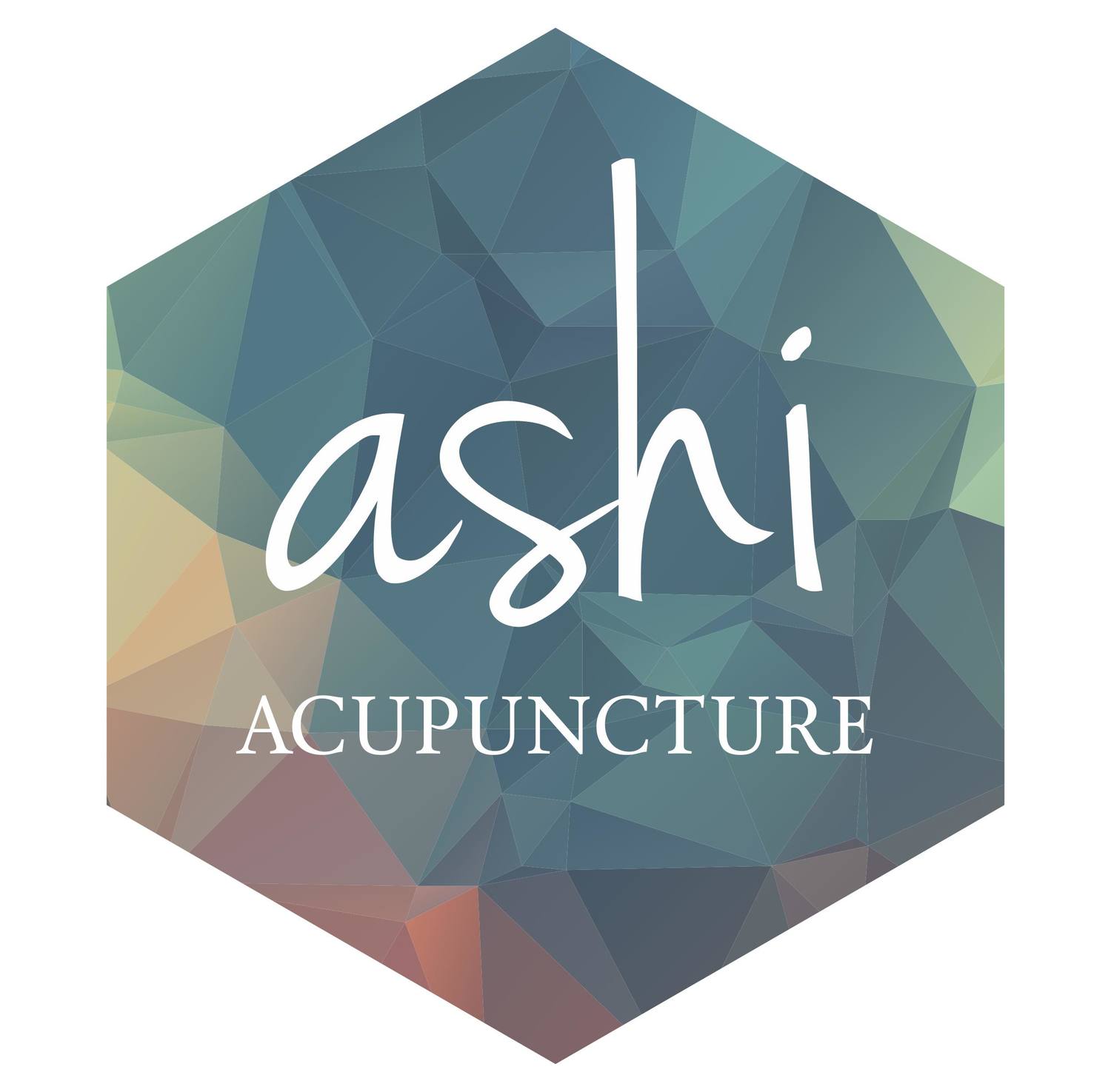The topic of Dry Needling/IMS vs acupuncture has been a long, ongoing debate amongst acupuncturists and physiotherapists (physical therapists) in the United States of America. It was more recently brought closer to home with the two clients of mine questioning me, "what is the difference between dry needling and acupuncture?" Good question, I thought, silent for a moment for I have read so much on the subject though unsure how to go about explaining the difference. Where do I begin?
Hmmmm. Needles. Both need needles, both use needles. The size of the needles varies on practitioner preference and condition being treated. Needles, they are one-use, sterile, stainless steel solid needles. I say solid for they are not a syringe, not the needles that are used to take blood or inject medicines. All needles used are called acupuncture needles.
Treatment. Acupuncture treats musculoskeletal conditions, such as frozen shoulder or elbow tennis, sciatica. This type of acupuncture is known as Trigger point Acupuncture. Acupuncture believes that pain is a blockage in the muscle, in the body, in the meridian. Acupuncture treats both distally and locally, meaning distally acupuncture theory is used to move the pain through and out the body, along the meridians while locally the muscle fibres are reset at their nerve centres to help the fibres untangle (to reduce the size of your knots) and allow them to function normally increase flexibility. Acupuncture also helps to reduce inflammation and increase blood flow to the area, improving the healing of the injured tissue.
Dry needling, like Intramuscular Stimulation (IMS) is local needling in which the needles are repeatedly inserted in the area of injury to cause muscle to spasm and relax helping to break down the knot. It aggravates the tissue to cause an healing response within the body. The claim of dry needling is: "The objectives and philosophy behind the use of dry needling by physical therapists is not based on ancient theories or tenets of traditional Chinese medicine. The performance of modern dry needling by physical therapists is based on western neuroanatomy and modern scientific study of the musculoskeletal and nervous systems."
This takes me to education. Acupuncturists study for 3 years, in class and on clinic, 1900+ hours including +500 hours clinical . In these studies, western neuroanatomy and physiology are studied not to mention surface anatomy and biomedical science. Dry needling, IMS courses or Medical acupuncture courses are generally offered to other health professionals such as Medical doctors, physiotherapists, RMTS, chiropractors. There are several institutions that offer such courses, some with 27 hours in total of contact hours and others such as the Medical acupuncture (McMaster University) up to 300 hours (with up to 100 hours hands on). Thus Acupuncture is the whole picture helping the tissue to unwind, inflammation decrease and improve the overall blood/energy flow of the body whereas dry needling/IMS/Medical Acupuncture is a portion of the picture, the release of the muscle and the basic tenets of Acupuncture theory.
Licensing. Acupuncturists in British Columbia, undergo a four hour written exam and a practical exam in order to become licensed with CTCMA of BC, College of Traditional Chinese Medicine Association of BC. Dry Needling/IMS/Medical acupuncture require the completion of course and a written test (MA requires a practical exam too); these other health practitioners are licensed within their own governing bodies.
Outcome of Treatment. The final outcome of all three techniques is the following:
An important note is needlingof a normal muscle is painless. In contrast a shortened, knotted muscle will ‘grasp’ the needle and produces a cramping sensation, known as DeChi. Needling can reduce pain and soften these trigger points, while increasing flexibility and range of motion.
Someone once told me that there is no such thing as bad publicity. While I can appreciate this sentiment, it is my hope that the general public understands the value and difference/similarity between the Western based modalities of Dry Needling/IMS and Acupuncture. With that said though the most important factor in healthcare however would be the relationship with your practitioner. Be sure you trust your practitioner.
